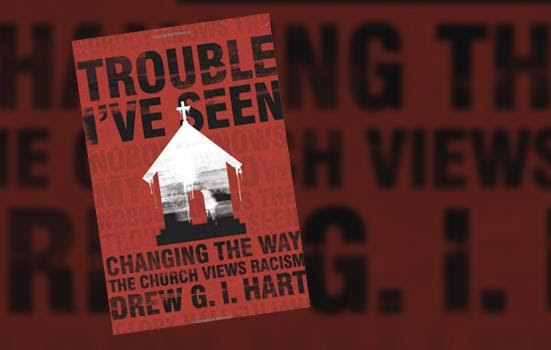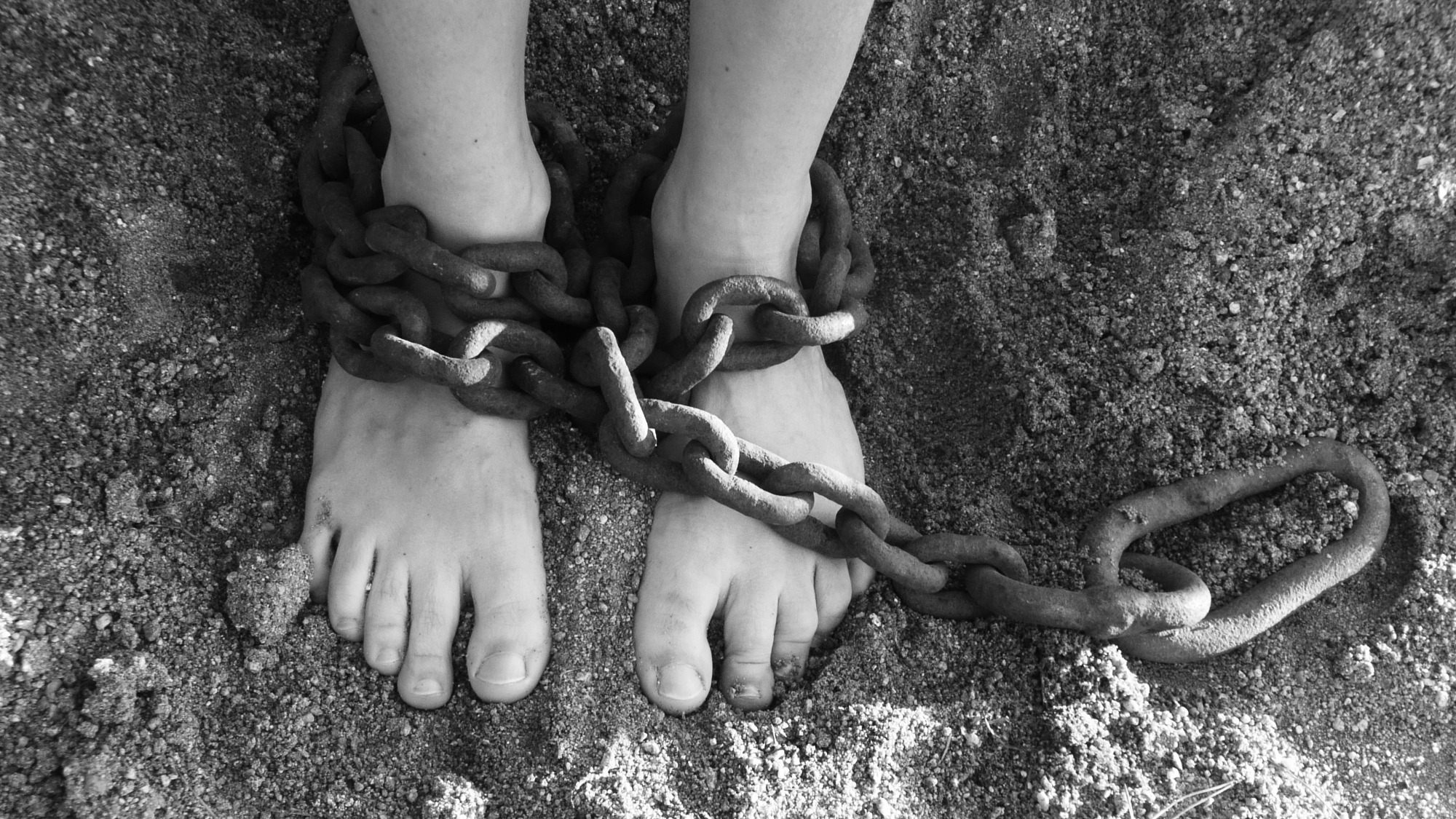Trouble I've Seen, Part 4: Projections of Jesus
This post is part four of a series of topical thoughts inspired by the book Trouble I’ve Seen: Changing the Way the Church Views Racism by Drew G. I. Hart.
Trouble I've Seen, Part 1: Horizontal and Vertical Racism
Trouble I've Seen, Part 2: The Race Card
Trouble I've Seen, Part 3: Critical Race Theory (CRT)
When dealing with matters of race, an easy default Christian response can be "we need Jesus" or "only Jesus can fix it." But what if our conception of Jesus is skewed? (And I don't mean the photogenic white Jesus of many portraits.) As Hart writes, "Jesus may be our answer, but our projections of Jesus may also be our problem."
Jesus was born from the context of a teenage pregnancy and an unwed mother (at first). His birth was announced to lower (lowest?) class field workers, where angels proclaimed: "good news (literally gospel) that will cause great joy among the people." (Luke 2:10) Gospel, or 'good news' – a word that colloquially was reserved for declaring victory in battle or the coronation of a king. Astrologers from the east traveled to Jerusalem to see this new king so they could pay homage. (Matthew 2:2) Everything about Jesus' birth was a political statement.
Enraged, Herod ordered the "slaughter of the innocents", forcing Jesus' family to flee as refugees to Egypt. When they finally were able to return, they settled in Nazareth, 'the wrong side of the tracks' for a respectable Jewish family, so when Jesus' ministry began, people asked, "Can anything good come from there?" (John 1:46)
Jesus' first sermon was explicitly and intentionally 'good news' for the poor, the prisoners, the blind, and the oppressed. (Luke 4:18) And what started off as a great sermon with the crowd shouting 'amen!' and 'hallelujah!' ended with the people wanting Jesus dead because he dared suggest that maybe this 'good news' wasn't meant for the religiously privileged.
Three years of ministry among the margins pass and Jesus has built up a following from the fringes, but still rejected by the mainstream. Religious and political leaders wanted him gone. Some were convinced he was going to encourage a violent uprising. After all, his "apostles" included political zealots, violent insurrectionists, and a disgruntled former employee of the government, essentially a group picked from Black Lives Matter, Antifa, and the Deep State. When the crowds joined him as he entered Jerusalem for the feast of Passover, they stopped traffic, marching in unison down the street (Matthew 21:8-11). Seen as a political statement, it may have been terrifying. Seen as a religious movement, it may have just been a curiosity. But his riot and destruction of private property in the Temple was the straw that broke the camel's back – this man had to be arrested and put to death. (Mark 11:15-18)
All Christians agree his arrest was a miscarriage of justice and his trial a sham. A core doctrine of the crucifixion is that Jesus died unjustly because he was without sin and was sacrificed on our behalf due to our own sins. But that's the soteriological reason for the crucifixion. The historical and practical reason was because he was upsetting the status quo, threatening the privileged's hold on power, and proclaimed 'good news' for "the least of these".
We focus on the injustice of the crucifixion in terms of our sin because that part of the 'good news' benefits us personally. We reduce the Gospel to a singular event that we respond to with a prayer, a confession of faith, a sacrament that we get something out of in return. But there are 81 other chapters of 'gospel' between Matthew, Mark, Luke, and John in which Jesus isn't suffering unjustly, but rather standing up against injustice, actively healing the suffering of others. Again from Hart, "The kind of life Jesus lived was grassroots and subversive, traveling from town to town with his improper and scandalous crew. Jesus' kingdom ministry was disruptive to the social, political, religious, and economic establishment. His life and ministry undermined the powers, yet without ever swinging a sword."
It is this Jesus that we "need" to address racial, economic, and political injustice. It is this Jesus that can "fix it" through a grassroots spiritual uprising. And based on who Jesus hand-picked to be by his side, should we be surprised by those leading this revival today?



Comments
Post a Comment